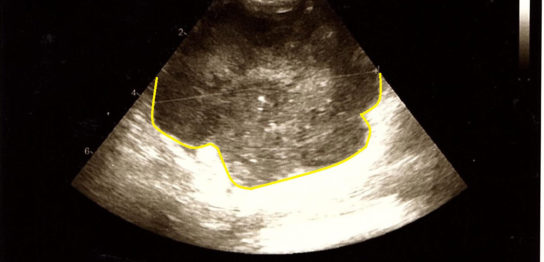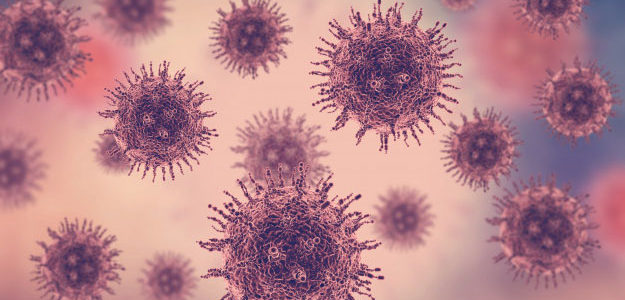To Pet Owners Whose Pets Are Suffering from Illness
We want to bring smiles back to your family’s faces.
The Cordy Laboratory works to enhance the immune systems of dogs, cats, and other pets, which is essential for maintaining their health and improving diseases.Sure, please provide the Japanese text you would like to have translated.This is a site that introduces research results and clinical cases. Even if you are told something tough at the animal hospital, do not give up! Keep hope. There are still many things that can be done.
Through this site, even if your beloved dog or cat suffers from diseases such as cancer (malignant tumors, sarcoma, lymphoma, etc.) or FIP/FeLV, there are still measures you can take regarding overall immunity and diet.“A dog can live like a dog, and a cat can live like a cat.”I would definitely like everyone to know this.
Example usage of Cordy
A case of overcoming benign lymphoma
Case of Controlling Canine Oral Melanoma with Alternative Therapy
Case of Feline Intra-abdominal Malignant Lymphoma (1-month Prognosis, with Lung Metastasis) Disappearing
What is Cordy?
In Japan, over 400 species of Cordyceps-related fungi have been discovered. Among them, we have named a particular species of the fungi “Cordy,” which has been confirmed to have health-improving properties and is expected to regulate the immune systems of humans and pets (boosting low immunity and suppressing excessive immunity).
Request Cordy’s materials (free) >>
See examples of cancer improvement using Cordy >>
The mission of the Cordy Laboratory
The Cordy Research Laboratory is dedicated to contributing to the health maintenance and anti-aging of pets, including dogs and cats, through research on Cordy.
Even if your beloved dog or cat suffers from cancer (including tumors, sarcomas, lymphoma), FIP (Feline Infectious Peritonitis), or FeLV (Feline Leukemia Virus), our ongoing research on Cordy aims to help them maintain their energy and appetite while coexisting with their illness, and further, to improve or overcome these diseases.
Even if you suffer from an illness, I believe it is possible to maintain your quality of life and enjoy time with your family.
Even if your physical strength is dwindling, your appetite has significantly decreased, and you have been given a prognosis with limited time remaining, it is not uncommon to see remarkable recovery by adjusting the immune system without putting a burden on the body.
Would you, as a pet owner, take the initiative and try doing what you can for your beloved pet?
If any of the following apply to you and you are interested in the presentation by the Cordy Laboratory, please do not hesitate to contact our company.
We also welcome contact from veterinarians who can cooperate with our research.
- Diagnosed with cancer (tumors, sarcomas, lymphomas, etc.)
- Diagnosed with FIP (Feline Infectious Peritonitis)
- Diagnosed with FeLV (Feline Leukemia Virus)
- I have been given a terminal diagnosis, but I don’t want to give up.
- I want to be with you even a little longer.
- I’m worried about my immunity.
- Frailty and illness-prone
- I’m worried because my energy and appetite have decreased.
- I want to boost your immune system more than usual.
To Overcome Cancer in Dogs and Cats
At the Cordy Research Lab, we compile articles on information that we definitely want pet owners to know to help their dogs and cats with cancer become healthier. Please take a look as well.
Cancer that easily forms in the oral cavity or skin of dogs and cats
Cancer in Dogs
Cancer that is prone to develop in a dog’s oral cavity (inside the mouth)
Cancer that easily develops on the body surface and skin of dogs
Cancer in Cats
Cancer of the respiratory system in dogs and cats
Cancer that can occur in the internal organs, digestive system, blood, bones, and brain of dogs and cats.
Cancer in Dogs
Cancer in Cats
Cancer of internal organs, bones, brain, and blood
Transitional cell carcinoma originating from the transitional epithelium
A disease where sarcoma develops in the area where vaccines or antibiotics were injected
Diseases in Cats Involving Viruses
Frequently Asked Questions
- Administration of Cordy for Senior Dogs with Oral Melanoma <Consultation with the Laboratory>
- Dealing with Comorbid Malignant Tumors (Cancer) and Heart Disease <Consulting the Laboratory>
Cancer that tends to develop in the oral cavity (inside the mouth)
Cancer that easily develops on the surface of the body and skin
Cancer of the respiratory organs
Cancer of the internal organs, digestive system, blood and bones, or brain
Cancer that easily develops in the oral cavity and skin.
Cancer of the respiratory system
Cancers that occur in the internal organs, digestive system, blood and bones, and brain
Cancer of the internal organs, bones, brain, and blood.
Transitional cell carcinoma originating from transitional epithelium
A disease in which sarcoma develops at the site where vaccines or antibiotics were injected
Diseases in Cats Involving Viruses
Examples of Disease Improvement
-
Frequently Read Improvement Example [Dog]
Recommended Content
-
Search for articles about food.
-
Search for frequently asked questions articles
-
Search for helpful column articles
Site Search







 The method to maintain quality of life (QOL) after surgery for perianal gland carcinoma with lymph node metastasis in a dog
The method to maintain quality of life (QOL) after surgery for perianal gland carcinoma with lymph node metastasis in a dog Hepatic Function Recovery Effect of Placenta ~ <Liver Function Improvement in Dogs and Cats>
Hepatic Function Recovery Effect of Placenta ~ <Liver Function Improvement in Dogs and Cats> Keep your gut healthy! ~ Immunity starts from the gut ~ Recommendations for bacteria and gut health
Keep your gut healthy! ~ Immunity starts from the gut ~ Recommendations for bacteria and gut health Various Fatty Acids. Types and Roles of Fatty Acids
Various Fatty Acids. Types and Roles of Fatty Acids Cordy Administration to Elderly Dogs with Oral Melanoma <Consultation with the Laboratory>
Cordy Administration to Elderly Dogs with Oral Melanoma <Consultation with the Laboratory> How to Handle Concurrent Occurrence of Malignant Tumor (Cancer) and Heart Disease <Consultation with the Laboratory>
How to Handle Concurrent Occurrence of Malignant Tumor (Cancer) and Heart Disease <Consultation with the Laboratory> Cats and ferrets are at risk of being infected with the novel coronavirus.
Cats and ferrets are at risk of being infected with the novel coronavirus. About Krill Oil ~Introduction of Research Papers~
About Krill Oil ~Introduction of Research Papers~